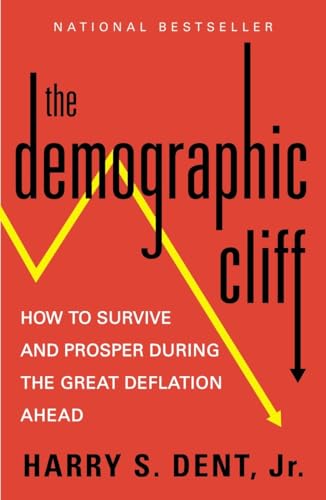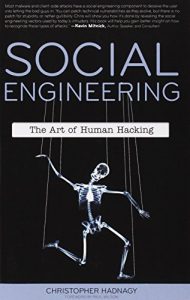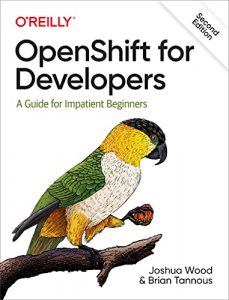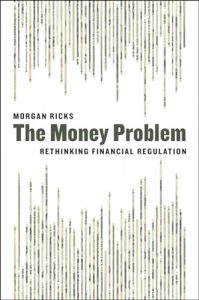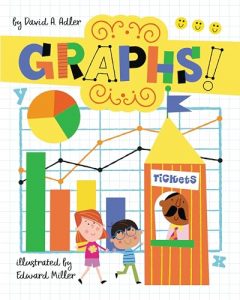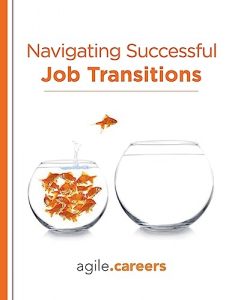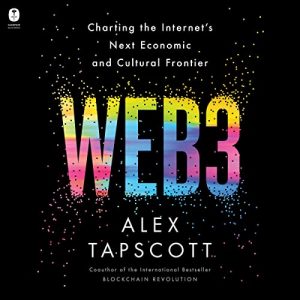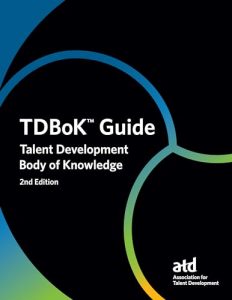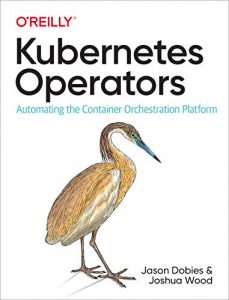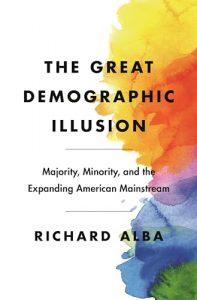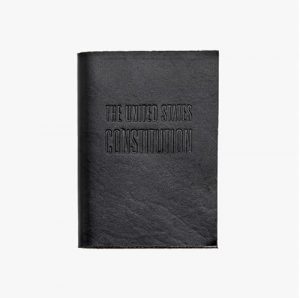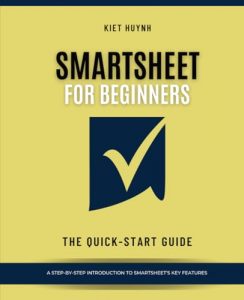The Demographic Cliff: How to Survive and Prosper During the Great Deflation Ahead
In “The Demographic Cliff,” Harry S. Dent Jr. presents a thought-provoking analysis of how demographic changes are affecting the economy. Dent argues that an impending demographic shift will lead to significant deflation and economic challenges. This book is a must-read for anyone looking to understand the intersections of demographics and economic policy. Dent outlines practical strategies for individuals and businesses to thrive in a changing economy, making it not just an informative read but also a guide in these uncertain times. 
Monetary and Fiscal and Exchange Rate Policy of Deflation
This Japanese import edited by Tokyo’s Iwanami Shoten offers a rare insider’s perspective on deflation and the role of central banks. It dives deep into monetary policies and practices that have shaped today’s economic landscape. It appeals to economists and financial specialists looking to expand their understanding of unique economic frameworks. With its comprehensive analysis, this book stands as a significant contribution to the discourse on deflationary environments. 
A Monetary History of the United States, 1867-1960
Authored by Milton Friedman and Anna Schwartz, this classic work is essential for understanding the monetary policies that have shaped America. This extensive historical analysis provides profound insights into how monetary factors influence economic growth and stability over time. Both students of economics and practitioners will find invaluable lessons in Friedman’s interpretations, making it a timeless contributor to economic literature that is critical for anyone wanting to grasp the intricacies of monetary history. 
Appeasing Bankers: Financial Caution on the Road to War
Jonathan Kirshner’s “Appeasing Bankers” offers an engaging exploration of the relationship between finance and international politics. Kirshner draws on historical events to show how financial caution influenced nations’ decisions on the brink of war. This book is crucial for understanding the often-misunderstood dynamics of political economy and can help policymakers think critically about the risks associated with financial diplomacy. It serves as a wake-up call for modern finance, making it indispensable reading for investors and historians alike. 
Deflation: Determinants, Risks, and Policy Options
This International Monetary Fund Occasional Paper co-authored by Taimur Baig et al. is essential for policymakers and economists alike. The authors examine the causes and effects of deflation while offering concrete policy options to mitigate risks. The book’s comprehensive approach to current economic challenges makes it a critical tool for understanding deflation from multiple dimensions. It’s a resource every economist should have in their library, addressing crucial questions that emerge in turbulent economic times. 
China’s Growing Role in World Trade
Feenstra and Wei delve into the rise of China as a major player in global economics in this comprehensive report. The book highlights the efficiencies and dangers emerging from China’s rapid integration into world trade systems. For anyone seeking to navigate international business or academic research in trade policy, this book serves as an excellent inroad into its complexities, documenting China’s role and what it means for future economic dynamics. 
30-Second Money
Donald Marron’s “30-Second Money” offers concise explanations of key financial concepts, making it an accessible read for beginners and seasoned investors alike. By breaking down complex notions into digestible pieces, this book serves as a quick-reference guide that can improve financial literacy and facilitate informed decision-making. It’s an essential companion for anyone looking to grasp the fundamentals of finance without getting bogged down in jargon. 
The Death of Money: The Coming Collapse of the International Monetary System
James Rickards presents a compelling narrative in “The Death of Money” about the future of the international monetary system. He argues that systemic risks could lead to a collapse of contemporary finance. His probe into historical precedents of monetary failure provides valuable lessons for modern investors. This book is not only prescient but offers actionable strategies, marking it as an essential read for anyone looking to hedge against economic downturns. 
Economic Discrimination and Political Exchange
Kenneth A. Oye’s analysis of economic discrimination throughout the 1930s and 1980s provides critical insights into modernization and political economy. This book offers a detailed examination of how economic choices shape political interactions globally. It’s a fascinating read for political scientists and economists alike, shedding light on the pivotal role of economic discrimination in shaping history. This book prompts critical thinking about how economic dynamics affect political landscapes. 
The History of Japanese Economic Development
Kenichi Ohno’s insightful overview provides a unique perspective on Japan’s rise to economic power. This comprehensive analysis offers lessons on economic strategy that are applicable worldwide. Ohno’s work is informative for readers interested in economic history and development policies, particularly in understanding how Japan managed its post-war growth. This book leaves readers with a broader understanding of effective policies contributing to sustainable development, making it an indispensable resource. 

